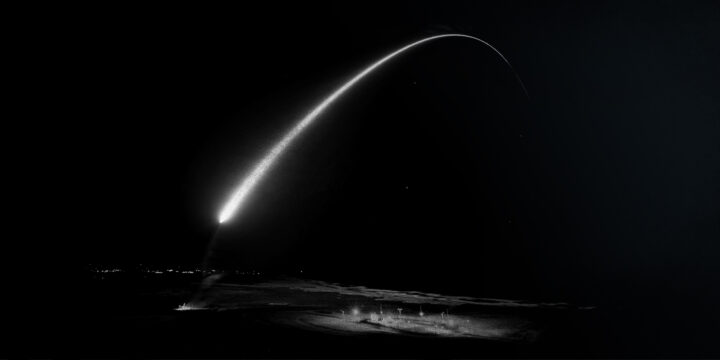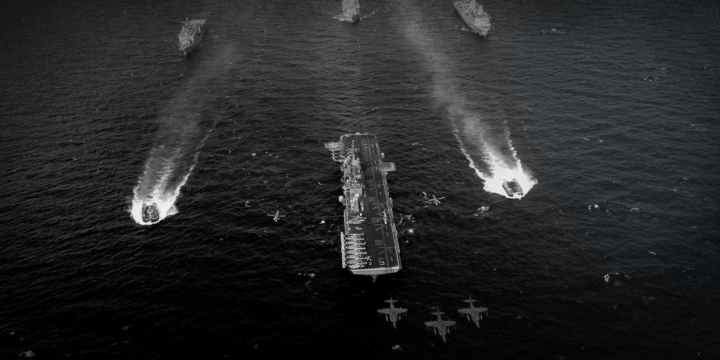FOR IMMEDIATE RELEASE:
June 14, 2021
Contact: press@defensepriorities.org
WASHINGTON, DC—Today, President Biden attended the NATO summit in Brussels, restating the U.S. commitment to the alliance. Defense Priorities Policy Director Benjamin H. Friedman issued the following statement in response:
“Even more than most political gatherings, the NATO summit is a triumph of branding over reality. The theme is renewal: the restoration of trans-Atlantic cooperation under American leadership after the isolationist Trump interregnum. The alliance, we’re told, will once again resolutely stand up to Russia, even as it shifts its sights to the global authoritarian threat lead by China.
“This narrative is misleading. The Trump administration huffed and puffed but left the expensive U.S. commitment to Europe unchanged, but for a last-ditch effort to pull some troops out of Germany, which failed. With the advent of U.S. basing in Poland and the expansion of NATO to Montenegro and North Macedonia, the U.S. defense commitment to Europe actually grew under Trump.
“What’s being restored is a tendency to exaggerate the Russia threat and the rhetorical commitment to subsidizing wealthy allies in the name of a ‘sacred’ commitment to them. No alliance should be held ‘sacred,’ as that makes a policy means into an object of worship; an end in itself that cannot be evaluated or updated.
“One thing that should be sacred is U.S. security. What U.S. security now requires in Europe isn’t much: a stable balance of power that holds Russia in check. Europeans could bear far more of that burden, with the U.S. playing a more distant supporting role. Such a shift needn’t mean hostility toward allies, cutting trade or diplomatic ties, or fortress America. It would simply belatedly recognize that the west won the Cold War, and western Europe’s peace isn’t fragile.
“NATO is a military alliance built to balance Soviet, and now Russian, power. Those committed to that end should slow efforts to retool the alliance to thwart China’s rise. China isn’t a direct threat to Europe. Its economic rise isn’t something a military alliance can stop. Casting an Asian problem as a global struggle is a good way to drive a wedge between the U.S. and NATO-Europe and distract the alliance from a task it can manage—defending Europe—with an impossible one.”
More on Europe

Featuring Dan Caldwell
July 13, 2025

By Jennifer Kavanagh and Dan Caldwell
July 9, 2025

By Dan Caldwell
July 6, 2025
Featuring Jennifer Kavanagh
July 3, 2025

Featuring Jennifer Kavanagh
July 3, 2025
Events on NATO




